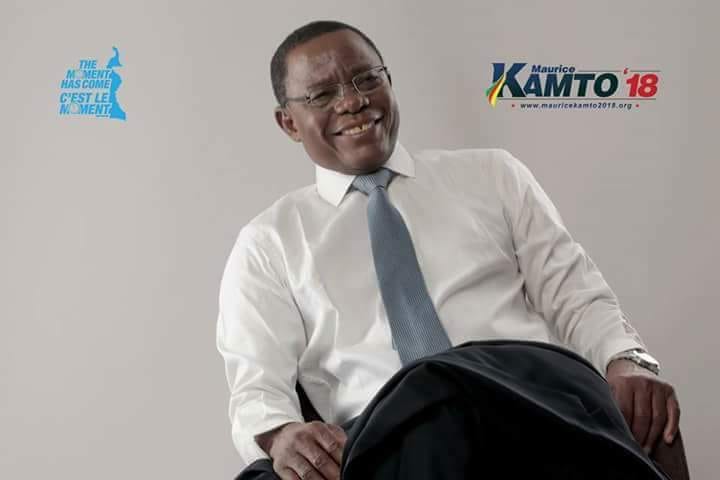In his December 31, 2023 speech, Professor KAMTO, in his capacity as President of the MRC political party, stated that nothing prevents his party from nominating a candidate for the 2025 presidential election, as it counts elected officials among its members, even if those officials were not nominated by his party during the 2020 legislative and municipal elections. From a strictly legal standpoint, he is perfectly correct.
THE POLITICAL TRANSFERENCE OF ELECTED OFFICIALS ALLOWS ANY BENEFICIARY POLITICAL PARTY TO FULFILL THE ELIGIBILITY CONDITION FOR THE PRESIDENTIAL ELECTION.
Indeed, Article 121 of the Cameroonian Electoral Code sets the condition for eligibility in the presidential election as the nomination of candidates by political parties that have at least one elected official “representing” them in Parliament, regional councils, and municipal councils.
Article 121 of the Electoral Code:
“Candidates may be
1- either nominated by a political party
2- Or independent, provided they are presented as a candidate for the election of the President of the Republic by at least 300 personalities, originating from all regions, at a rate of 30 per region, and possessing the status of either a member of Parliament, a consular chamber, a regional councilor, a municipal councilor, or a first-class traditional chief.
3-Candidates nominated by a political party not represented in the National Assembly, the Senate, a Regional Council, or a Municipal Council must also fulfill the conditions of paragraph 1(2) above applicable to independent candidates.”
It must be clarified from the outset that the representation of a political party within Parliament or regional and municipal councils is not a legal matter, but a political one.
In other words, the expression “represented party” is not legally defined or protected by the Constitution or the electoral code.
It can therefore only be understood in a purely political sense.
Thus, in the absence of a legal definition, the expression “party represented in Parliament, regional and municipal councils” simply refers to an elected official who advocates for a party’s political ideology within these bodies.
Representation cannot be seen as a person nominated to sit in the name and on behalf of a political party within Parliament, regional or municipal councils.
Such a conception would irregularly establish imperative mandates for elected officials in Cameroon.
However, electoral mandates in Cameroon are representative and belong to the individual, not to the voters, and even less to their political party.
Thus, the title of elected official is held by the individual, who therefore continues to enjoy their status even if they were to change political party during their term.
This is the very meaning of the notion of a representative mandate enshrined in the Cameroonian Constitution, as opposed to an imperative mandate which would have rather meant that the elected official is the agent of a party to which they must be accountable.
African countries like the DRC, Senegal, Gabon, and Rwanda, while recognizing the representative mandates of elected officials, have introduced aspects of the imperative mandate into their legislation to prevent what can be considered the political transference of elected officials. That is, elected officials who move from one party to another during their term.
This is not the case in Cameroon’s current legislation.
Thus, for comparative legal purposes, Article 110 of the
